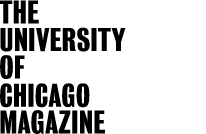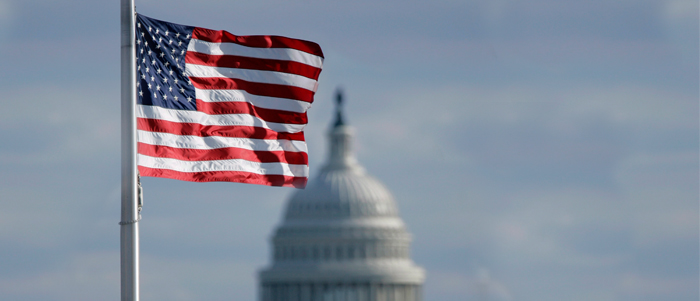Perks of education
For undocumented immigrants, a US education would seem to promise college opportunities and job prospects for the future. However, children of illegal immigrants often end up working the same jobs as their parents, says Roberto G. Gonzales, AM'99, an assistant professor at the School of Social Service Administration. Gonzales recorded the life histories of 150 undocumented men and women in the Los Angeles metropolitan area and found that even those with college or graduate degrees—31 of the 150—were barred from pursuing their intended careers because of their immigration status. Instead, most of the 150 respondents wound up working construc- tion, cleaning, and food-service jobs. Gonzales's study was published in the August American Sociological Review.
From fins to feet
In 2004 University of Chicago evolutionary biologist Neil Shubin discovered an ancient transitional species between fish and land animals called Tiktaalik roseae. That discovery led him to wonder when animals first developed the genetic ability to grow limbs. With organismal biology postdoc Igor Schneider, Shubin analyzed a human gene switch—a DNA sequence controlling gene expression—that regulates limb development. The researchers found the same switch in several other species whose last common ancestor predates Tiktaalik: mice, chickens, frogs, zebrafish, and skates. To see if the genes functioned the same way, Schneider swapped the gene sequence from a fish embryo into a mouse's. The primitive fish DNA activated gene expression in the mouse, producing signs of a developing paw. This finding suggests that the components of limb development existed for hundreds of millions of years before four-legged creatures evolved. The results, which Shubin says open "a whole universe of questions," were published online July 15 in the Proceedings of the National Academy of Sciences.
Old Glory and the GOP
The American flag is considered a symbol of national unity—we think that red, white, and blue are nonpartisan. Not so, says Travis Carter, AB'01, a postdoc and manager at Chicago's Decision Research Lab. He found that exposure to the American flag increases the chance that a citizen will vote Republican. In a study of nearly 200 undergraduates from strongly conservative or liberal states, participants filled out questionnaires about their political views and voting intentions. Half of the questionnaires had a small American flag in the survey's upper left corner. Carter conducted his experiment a few weeks before the 2008 presidential election and, following up afterward, found that "flag-primed" participants had shifted their voting intentions and political attitudes to the right. Carter repeated the experiment with a different group of voters in spring 2010, when President Obama and the Democrats controlled the government, and found the same bias toward Republicans.
Stressful drink
Reaching for a pint after a difficult day may not relieve stress—in fact, it may prolong it. In a study published in the October Alcoholism: Clinical and Experimental Research, Medical Center research associate Emma Childs reports that alcohol can agitate stress. In her experiment, 25 healthy men engaged in a public-speaking task. Afterward half were given the equivalent of two drinks, followed by a placebo 30 minutes later. Another group received the placebo first, then the alcohol. Measuring heart rate, blood pressure, and cortisol—a stress hormone—Childs found that stress can lower alcohol's power to intoxicate, as well as reduce its pleasant effects, causing the drinker to want more.










